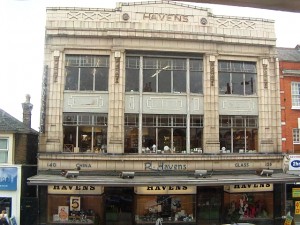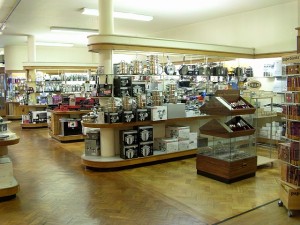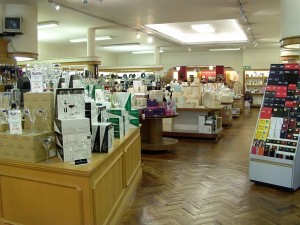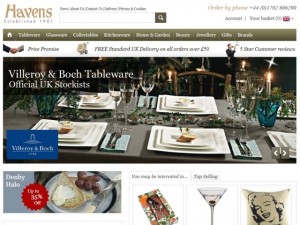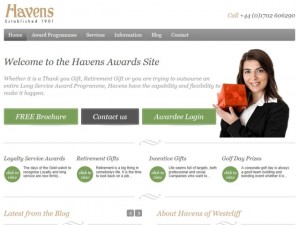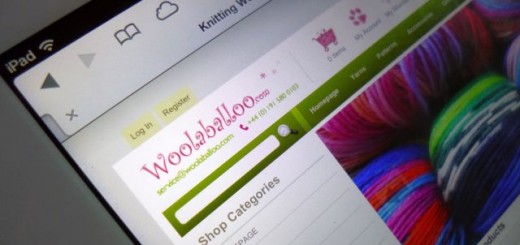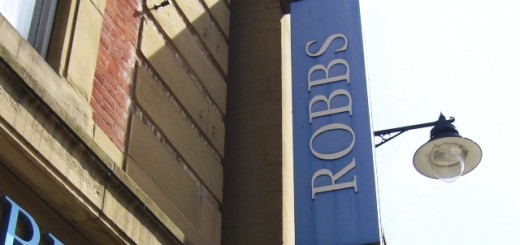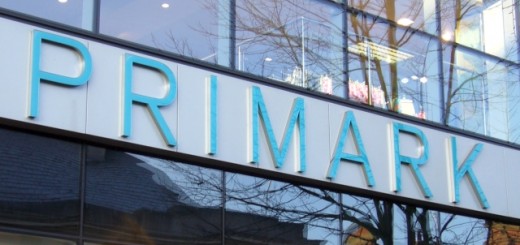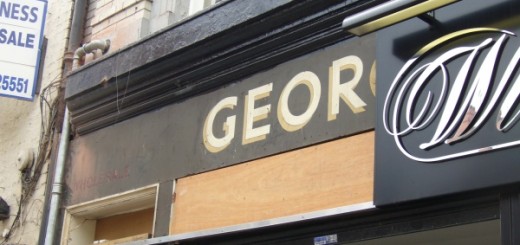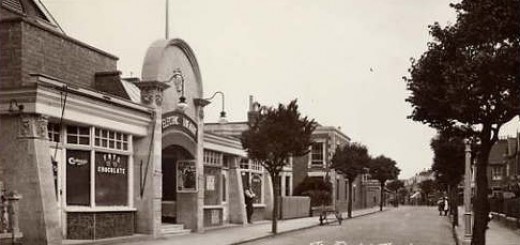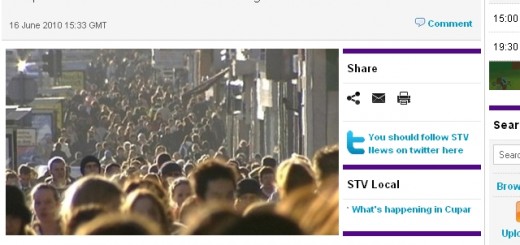“The high street needs to adapt and evolve”: Retailer Q&A with Havens department store
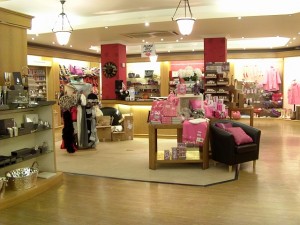
Ground-floor gift department at Havens, Westcliff-on-Sea (24 Sep 2010). Photograph courtesy of Havens
The traditional, independent department store has been a fixture of the British high street for generations – yet look around, and you could be forgiven for thinking its days were numbered.
From the current closure of Midlands Co-op’s non-food estate to the loss of Aberdeen’s 130-year-old Esslemont & Macintosh in 2007, iconic department stores continue to disappear amid changing retail habits and a turbulent economy. Others have been subsumed – and, in some cases, saved – by bigger groups such as House of Fraser and Beales, able to exploit their nationwide brand presence, better buying power, and greater capacity to embrace the changing, multichannel retail landscape. Even then, however, as in the case of the now-32-store Beales’ chain, profitability can still prove elusive.
So what does a family-run department store need to do to navigate and succeed in modern retail? Certainly, as I’ve noted before, the demise of the independent department store is far from inevitable, and there are plenty of examples around the country that continue to hang on – or even thrive – by offering a combination of product, service and convenience that still resonates with their local communities while potentially tapping into a wider customer base online.
In Westcliff-on-Sea, one family-owned retailer that’s working hard to do all those things is the 112-year-old Havens, and I spoke to managing director Nigel Havens about how he and his team are ensuring that Havens remains relevant and attractive to the modern consumer.
Q. Tell me a little bit about your business – where is it based, what’s its history, and what does it do?
Havens was established in 1901 by my great grandfather Rawdon Havens, and is based in Westcliff-on-Sea, Essex. The store covers three floors and 9,000 square feet.
Havens has always been a specialist retailer of china, glass, housewares and gifts, stocking all the major industry brands. Over the years new departments and product categories have been introduced, some relatively short lived like ladies’ fashions and linens. Stationery, homewares, perfumery and cosmetics are now well established and complimenting our original product lines.
Q. And what’s your own role in the business?
Together with my brother Paul, I manage the business with a very experienced, supportive and loyal team. My own responsibilities cover just about every aspect of the business, though my focus is on business development.
I have developed a reasonable understanding of Internet trading and continue to try to promote our corporate business.
Q. What’s your business model, and why? Is it bricks, clicks or both?
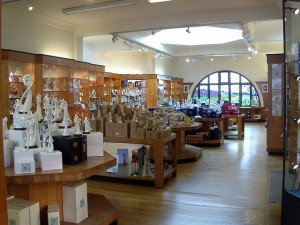
First-floor china department at Havens, Westcliff-on-Sea (24 Sep 2010). Photograph courtesy of Havens
Our business has 3 distinct components:
- The retail store;
- The Havens website at http://www.havens.co.uk/;
- The Havens Corporate Long Service and Loyalty Recognition Company, providing gift solutions to businesses at http://www.havensawards.co.uk/.
Q. Looking forward, what do you see as the greatest opportunities for a business like yours at the moment?
We have enjoyed great growth over the last four years, mainly driven by growth in our online business, although the current economic situation and decline in consumer confidence has hit us in the immediate short term and continues to present challenges.
However, as a small business we can adapt quickly to meet those challenges and as things begin to improve we are optimistic that our specialist website will continue to provide growth.
Q. And what about the main challenges?
The main challenges are the overall UK economy and the impact it has on consumer spending.
Additionally our main competitors online are our suppliers, although by and large we can counter that. The issue this presents is that they tend to dominate Google’s current search algorithm and this can preclude choice.
Amazon selling direct is also an issue as they try to dominate the market and will look to undercut the lowest price online. However, brands are wising up to the potential impact that this may have on their brands and are becoming increasingly reluctant to sell directly to Amazon, preferring to sell on Amazon through their established official stockists.
Q. Where do you hope your business will be in five years’ time?
The plan is to steady the retail sales, which is already beginning to happen, and to grow our Internet sales and corporate business. The way we configure the store may need to change.
Q. And any final thoughts or comments that you’d like to add?
The next year is going to remain very tough for most retailers. I see no sign of the economy improving in the short term, not least whilst there is financial turmoil in Europe.
The high street will change and evolve – it will not return to its former shopping glory but will need to adapt and provide a social and leisure offering, mixed with some specialist shops.
I see our Internet sales returning strongly after a small blip with our new updated website that has caused one or two short-term organic search issues. These are currently being resolved.
Retailer Q&A is a format where Soult’s Retail View talks to retailers – large or small, and whether bricks, clicks or multichannel – about their current innovations, aspirations and challenges. As always with Soult’s Retail View, the features are not paid for – it’s all about providing interesting stories and content for the blog’s readers. If you run a retail business and are interested in taking part in the feature, please drop me an email or a tweet.

